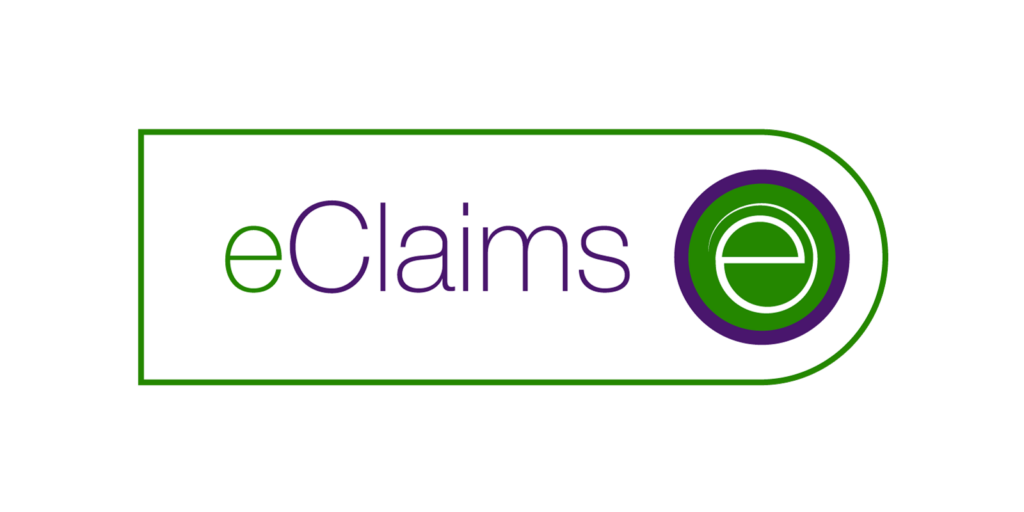Attachment wounding and attachment trauma is often used interchangeably. However, some ego states therapists argue that both attachment wounding and attachment trauma are not the same, therefore, attachment wounding and trauma require a different treatment protocol.
Attachment wounding speaks to emotional needs not being met from infancy to 18 years. Emotional needs range from attune response, warm affection, good boundaries, unconditional acceptance, and more. Children’s emotional needs not being met from their parents can range from often, inconsistently, occasionally, and/or never. Depending on the frequency & severity of attachment wounding, it can lead to difficulties in forming healthy attachments, maintaining relationships, and regulating emotions later in life. When children’s emotional needs are not being met by their caregivers, the child might leave “parts of self” in childhood. The part that needs to be held; the part that needs to be soothe; and the part that needs to ask for help. Attachment wounding can develop beliefs like: “I’m too much”; “No one loves me”; and/or “Emotions are bad.”
Individuals who have experienced attachment wounding might exhibit behaviours such as fear of intimacy, difficulties with trust, heightened sensitivity to rejection, or challenges in managing emotions. As well, individuals experiencing attachment wounding may have a vulnerability to generalized anxiety, depression, and other forms of mental health disabilities.
Trauma wounding speaks to lack of safety in the child’s environment. This can range from institutions to individual caregivers. Some common examples of institutional trauma wounding are environmental racism in lower income neighborhoods; high prevalence of gun violence; lack of enriching activities in schools; and so much more. Relational trauma wounding often looks like sexual abuse; physical neglect; failure to protect; threat of violence; and more. Children grow up feeling unsafe with their caregivers, teachers, neighbours, and/or other adult figures.
Adults with a history of attachment trauma may develop complex PTSD and other conditions related to trauma. Individuals with a history of complex PTSD may have a sensitivity to chronic pain; reproductive health issues; and other physical health issues. As well, individuals with a history of attachment trauma are at risk of being physically & emotionally abusive relationships in their adult lives. Issues of trust and safety may become major themes in their life; such as “ I am not safe”; “I always get hurt”; “I cannot trust anyone”; and/or “I cannot trust myself”.
It is possible for individuals to to experience both attachment wounding & trauma. As well, for individuals to experience attachment wounding with no attachment trauma. Individuals with both attachment wounding & trauma would most likely do best with trauma informed therapies; such as; Internal Family Systems; a therapist with advance training in EMDR; and Sensorimotor psychotherapy.
The easiest way to distinguish between whether you are experiencing the impact of attachment wounding and/or trauma is to think about physical safety. Did you have all your physical needs met, and had parents who made sure you were safe, but did not connect with you emotionally or ignore your emotional needs? This is an example of attachment wounding. If you experienced an institution and/or relational person putting your physical well being at risk, then you have experienced attachment trauma.
It can be a little confusing to distinguish between the two because both experiences result in harm. Both experiences can result in self-abandoned and/or rejection of parts of self. According to some ego states therapists, knowing the difference between the two can impact treatment planning and results. To learn more, google Shirley Jean Schmidt, MA, LPC to read her material.




